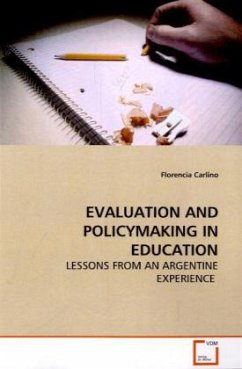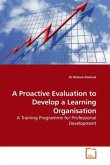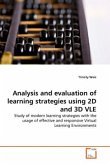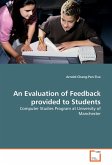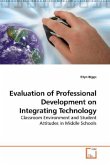Centralized public assessment has been at the heart
of educational reforms all over the world, bringing
up all sorts of social, political and professional
struggles. This trend represents part of the last
wave of neoliberal educational reforms. These
reforms have overemphasized new forms of
accountability and control of school life. This book
analyzes an Argentine evaluation program of
elementary students performance, which is
alternative to this global trend. The program
intends to solve important dilemmas of evaluation
policy: equity, participation, trustworthiness,
comparability, and authenticity of the information.
It was designed to democratize educational
policymaking and to resist the effects of a
surrounding context of neoliberal educational
reforms. The analysis aims at capturing the
perspectives about collaborative leadership in
education held by contemporary Argentine educational
leaders. This book can be particularly useful to
educators, researchers, and policymakers.
of educational reforms all over the world, bringing
up all sorts of social, political and professional
struggles. This trend represents part of the last
wave of neoliberal educational reforms. These
reforms have overemphasized new forms of
accountability and control of school life. This book
analyzes an Argentine evaluation program of
elementary students performance, which is
alternative to this global trend. The program
intends to solve important dilemmas of evaluation
policy: equity, participation, trustworthiness,
comparability, and authenticity of the information.
It was designed to democratize educational
policymaking and to resist the effects of a
surrounding context of neoliberal educational
reforms. The analysis aims at capturing the
perspectives about collaborative leadership in
education held by contemporary Argentine educational
leaders. This book can be particularly useful to
educators, researchers, and policymakers.

